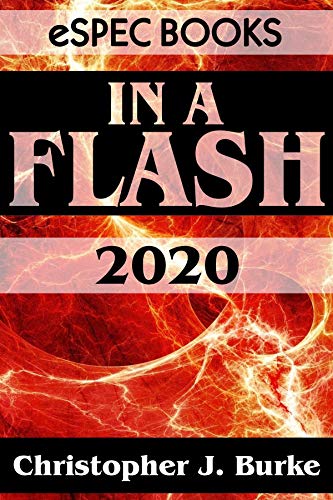Now that I'm caught up with the current New York State Regents exams, I'm revisiting some older ones.
More Regents problems.
Algebra 2/Trigonometry Regents, June 2011
Part I: Each correct answer will receive 2 credits.
11. What is the period of the function f(θ) = −2cos 3θ?
1) π
2) 2π/3
3) 3π/2
4) 2π
Answer: 2) 2π/3
The period of f(θ) = cos θ is 2π.
The period of f(θ) = cos 3θ is 2π/3 because the frequency is increased by a factor of 3, and the period is shortened by the same factor.
The period is not affected by the multiplier in the front -- that affects the amplitude.
The correct answer is Choice (2).
12. What is the range of f(x) = (x + 4)2 + 7?
1) y ≥ −4
2) y ≥ 4
3) y = 7
4) y ≥ 7
Answer: 4) y ≥ 7
The equation is a parabola in vertex form. It opens up and has a vertex of (-4,7). Therefore, the only values in the range, which are all the y-values, are 7 and above. That is Choice (4).
Hopefully, you recognized that the range would not be a single number, and eliminated Choice (3).
13. Ms. Bell’s mathematics class consists of 4 sophomores, 10 juniors,
and 5 seniors. How many different ways can Ms. Bell create a four-member committee of juniors if each junior has an equal chance of
being selected?
1) 210
2) 3,876
3) 5,040
4) 93,024
Answer: 1) 210
The number of sophomores and seniors is superfluous information. (They are unneeded information.)
Only juniors are being considered. This isn't a probability problem. It's a straight combination problem.
There are 10 juniors to pick first, 9 to pick second, 8 to pick third, and 7 to pick fourth.
But since we don't care who is selected when, that answer is divided by (4 * 3 * 2 * 1).
(10 * 9 * 8 * 7) / (4 * 3 * 2 * 1) = 210, which is Choice (1).
The answer can be found in your calculator with the operation 10C4, or looking at the 4th element of the 10th row of Pascal's triangle.
14. Which graph represents a relation that is not a function?
Answer: 3) [See Image]
This is such an Algebra 1 question. Only one of the four graphs fails the vertical line test, and that's Choice (3).
Choice (1) has lines that look like the are going vertical, but the are not. They are approaching the y-axis but are not vertical.
Likewise, Choice (2) looks like it goes vertical in six places, but again it is just approaching vertical.
In Choice (4), there are open circles to indicate that those points are NOT part of the function, but are just open endpoints. However, in Choice (3) there are closed points which line up vertically, and that is not allowed.
15. The value of tan 126°43′ to the nearest ten-thousandth is
1) -1.3407
2) -1.3408
3) -1.3548
4) -1.3459
Answer: 2) -1.3408
Make sure the calculator is in degree mode. Then make sure you enter 126°43′ as tan(126 + 43/60) becuase there are sixty minutes in a degree (just like in an hour).
tan 126°43′ = -1.34078... which rounds to -1.3408.
More to come. Comments and questions welcome.
More Regents problems.
I also write Fiction!You can now preorder Devilish And Divine, edited by John L. French and Danielle Ackley-McPhail, which contains (among many, many others) three stories by me, Christopher J. Burke about those above us and from down below. Preorder the softcover or ebook at Amazon. Also, check out In A Flash 2020, by Christopher J. Burke for 20 great flash fiction stories, perfectly sized for your train rides. Available in softcover or ebook at Amazon. If you enjoy it, please consider leaving a rating or review on Amazon or on Good Reads. |
 |
 |

















No comments:
Post a Comment